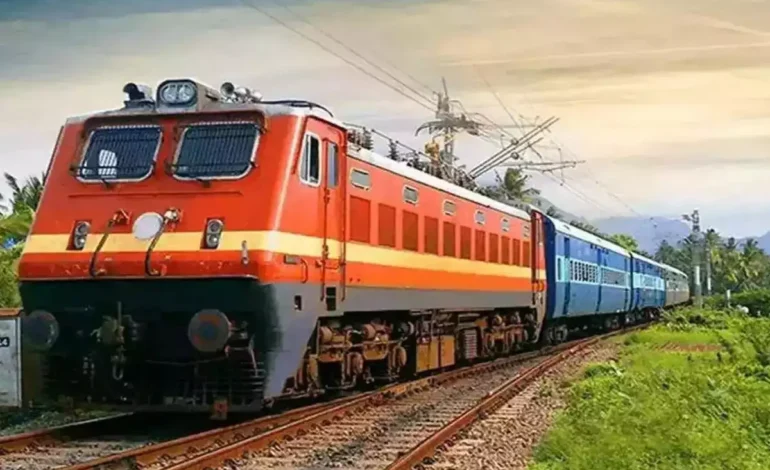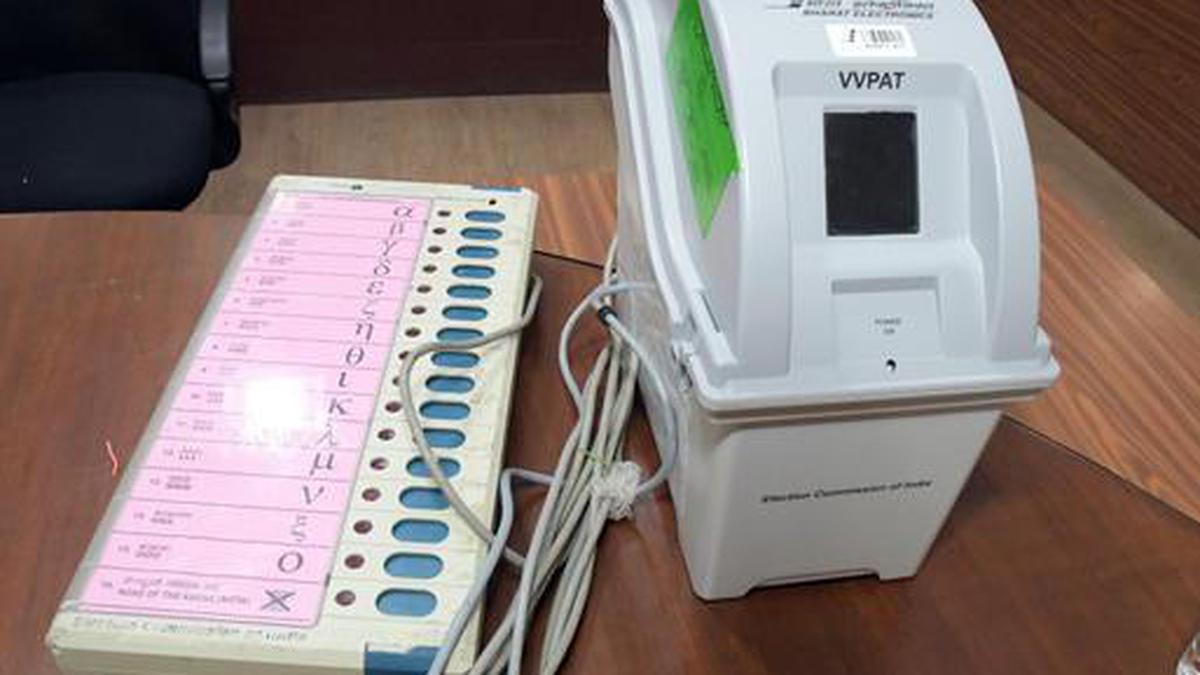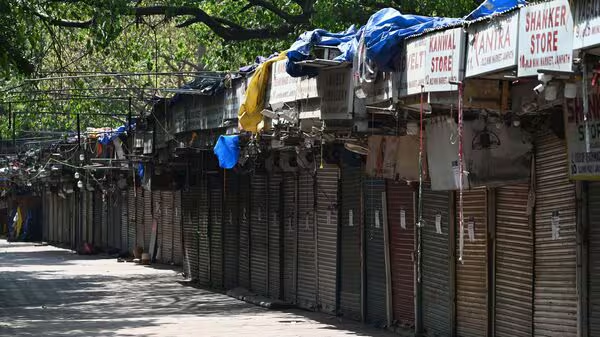Cabinet Approves ₹11169 Crore for Rail Multitracking Projects Across Six States, Adding 574 Km to National Network

The new tracks will serve 2,309 villages with a combined population of 43.6 lakh, and are strategically critical for transporting coal, cement, clinker, fly ash, containers, agricultural commodities, and petroleum products.
Projects to enhance multimodal logistics, create 229 lakh human-days of employment, and reduce 515 crore kg of CO₂ emissions
New Delhi | August 1: In a significant infrastructure boost aimed at enhancing India’s rail logistics and multimodal connectivity, the Cabinet Committee on Economic Affairs (CCEA), chaired by Prime Minister Narendra Modi, has approved four major multitracking railway projects across six states, with a total outlay of ₹11,169 crore. The expansion, covering 574 kilometers of new tracks, is expected to be completed by 2028–29.
The multitracking projects include:
- Itarsi – Nagpur 4th Line
- Aurangabad (Chhatrapati Sambhajinagar) – Parbhani Doubling
- Aluabari Road – New Jalpaiguri 3rd and 4th Line
- Dangoaposi – Jaroli 3rd and 4th Line
Infrastructure That Drives Atmanirbharta
Covering 13 districts across Maharashtra, Madhya Pradesh, West Bengal, Bihar, Odisha, and Jharkhand, these projects aim to ease congestion, enhance operational efficiency, and provide reliable rail services to both freight and passenger users. The development aligns with the PM Gati Shakti National Master Plan, which integrates transport and logistics infrastructure for faster and more seamless movement of goods and people.
The new tracks will serve 2,309 villages with a combined population of 43.6 lakh, and are strategically critical for transporting coal, cement, clinker, fly ash, containers, agricultural commodities, and petroleum products.
Massive Economic and Environmental Gains
- Employment: The projects are expected to generate 229 lakh human-days of direct employment during the construction phase.
- Freight boost: Capacity augmentation will handle an additional 95.91 million tonnes per annum (MTPA) in freight.
- Climate impact: The shift to rail is projected to save 16 crore litres of oil annually and reduce CO₂ emissions by 515 crore kg, equivalent to planting 20 crore trees.
Seamless, Sustainable Connectivity
Officials emphasize that the multi-tracking will alleviate network bottlenecks, improve punctuality, and increase carrying capacity. It will also reduce logistics costs, supporting India’s transition to an energy-efficient, low-emission transport ecosystem.
These projects underscore the government’s commitment to infrastructure-led growth, especially in under-served regions, enabling self-reliance (Atmanirbhar Bharat) and long-term economic resilience.








